
The Lion of Punjab
By Storybird

13 Jul, 2023

In the heart of the Indian subcontinent, during the early 19th century, a mighty empire emerged under the leadership of a charismatic ruler, Maharaja Ranjit Singh.
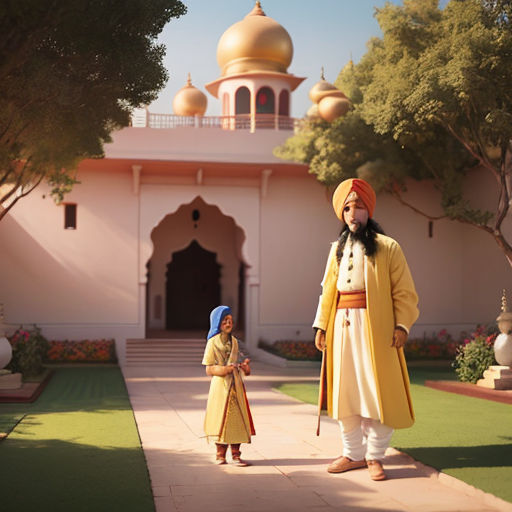
Maharaja Ranjit Singh was born in 1780 to Maha Singh and Raj Kaur in Gujranwala, present-day Pakistan. His father was the head of a small Sikh state.
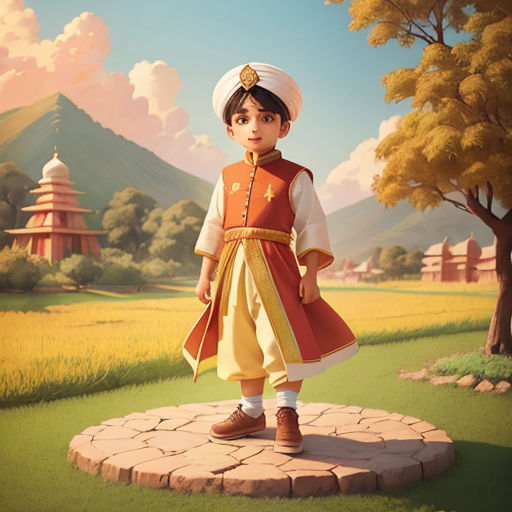
The young Ranjit Singh was a boy of extraordinary capabilities. He was courageous and showed a keen interest in matters of state.

Singh lost his father at a tender age of 12. Despite the loss, the young lad rose to the occasion and took over the reins of his father's kingdom.
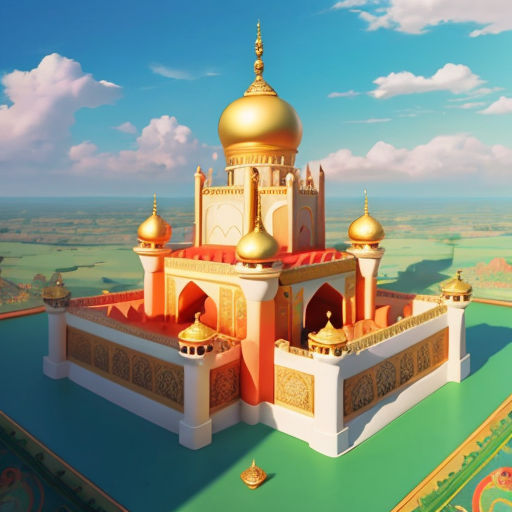
His keen understanding of politics and strategic alliances paved the way for the expansion of his kingdom. Singh was respected and admired by his people.

Singh unified the disarrayed factions of the Sikh state under one banner, thus laying the foundation of the Sikh Empire in 1801.

Known as the 'Lion of Punjab', Singh was a visionary. He had a keen desire for an organized, unified Punjab.

He was a secular ruler. People of different faiths were given respect and freedom to practice their religion under his rule.
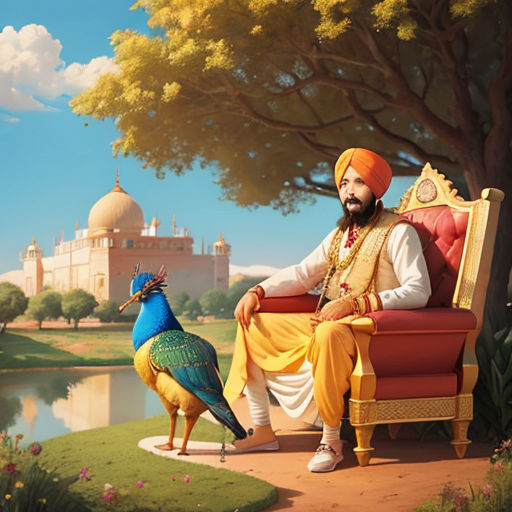
The golden age of Punjab commenced under Singh's rule. There was prosperity, harmony, and an atmosphere of communal amity.
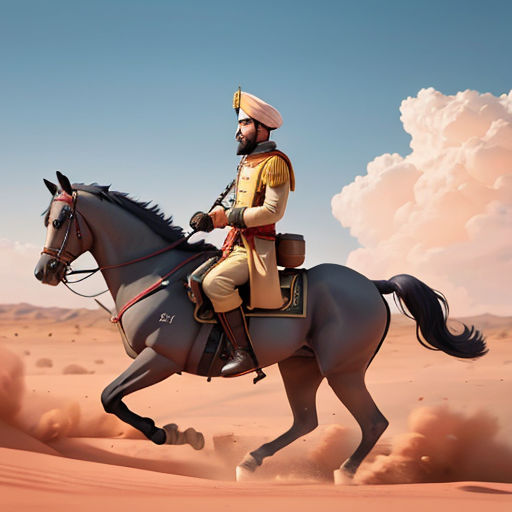
Singh's rule also marked the modernization of the army, inspired by European military strategy and technology.

He introduced reforms in administration and justice system. The rule of law prevailed, and the economy flourished under his regime.

By 1839, the Sikh Empire extended from Kashmir to Peshawar and stretched as far as Tibet and Rajasthan.
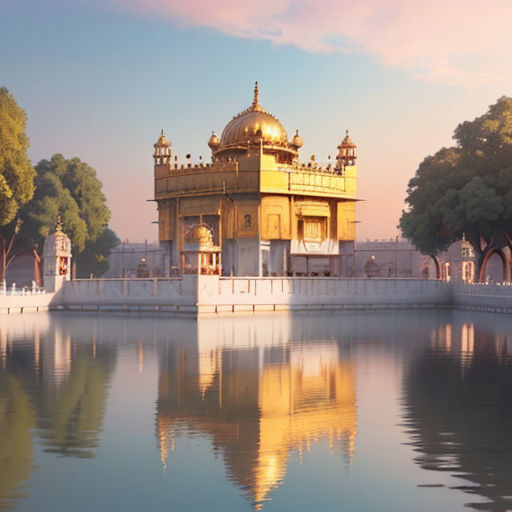
Singh was a patron of architecture. The Golden Temple, a globally recognized Sikh shrine, was covered with gold during his reign.

He was known for his chivalry and magnanimity. Even his opponents respected him for his honor and bravery.

In 1839, the great Maharaja passed away, leaving behind a legacy of unity, progress, and secularism.
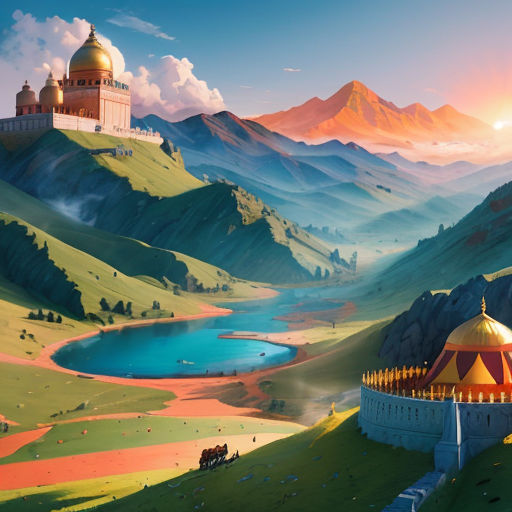
His death led to a struggle for power among his successors and the Sikh Empire faced its downfall soon after.

Despite the decline, Singh's vision for a unified, prosperous Punjab remained ingrained in the hearts of the people.

Today, Maharaja Ranjit Singh is remembered as a hero and a symbol of unity, integrity, and secularism in the diverse culture of India.

He is celebrated as a visionary who built an empire based on principles of justice, prosperity, and respect for all religions.

Singh's compassionate rule, his respect for all religions, and his zeal to build a unified Punjab are still remembered and revered.
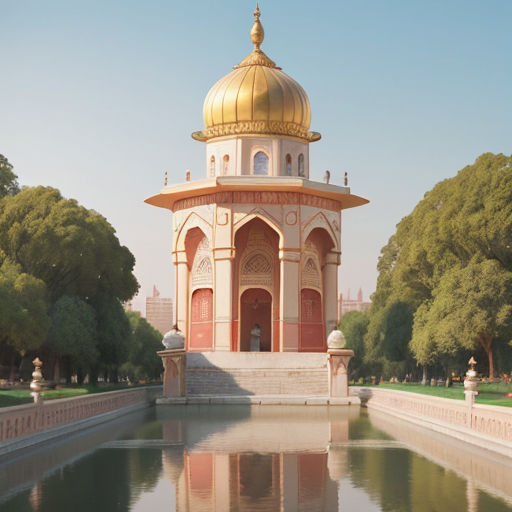
His rule is marked as a golden era in Punjab's history—an era of growth, development, and communal harmony.

Though centuries have passed, tales of Singh's valor, justice, and humanity are still narrated to the young and old alike.

His legacy continues to inspire future generations about the importance of unity, secularism, and progress.

His leadership is a timeless testament to the spirit of resilience and unity, ingrained firmly in the history of India.

The story of Maharaja Ranjit Singh will continue to be a beacon, guiding us towards a world where peace and respect for all thrive.